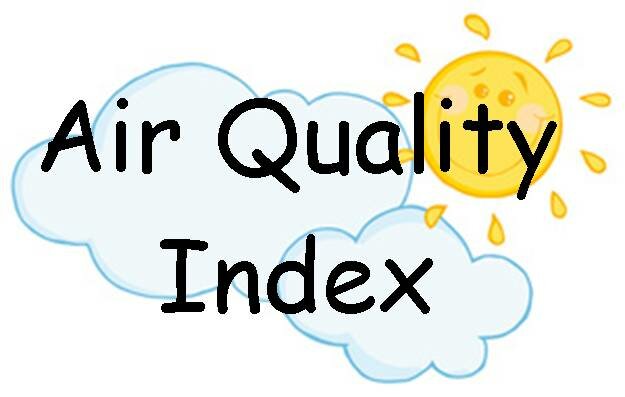- Home
-
Allergy & Asthma Information
- Asthma: The Basics
- Living With Asthma
- Asthma Tools
- Asthma Triggers
- Asthma & Eczema
- Asthma & Allergy
- Hay Fever
- How to use a:
- About Us
- Order Info
What is Asthma?
What is Asthma?
- Asthma is a chronic* disease of the airways in the lungs.
- The inside of the airways are sensitive and always a little swollen.
- Common things that trigger asthma include colds, tobacco smoke and allergies.
- There is no cure for asthma, but it can be controlled.
*Chronic means it is always there even when there are no symptoms.
How Do You Get Asthma?
- Asthma tends to run in families.
-
The risks for developing asthma increase if:
- a parent, brother or sister have asthma or allergies.
- the child has allergic skin problems (eczema) or other allergies.
What Are Asthma Symptoms?
- Cough
- Wheeze (whistling noise in the chest)
- Feeling short of breath
- Chest tightness
Asthma symptoms can change from one flare-up to the next.
Asthma may seem mild. But, having symptoms at night, even once a week, is a concern.
What Happens in Your Lungs?
Asthma symptoms happen when:
- the muscles around the outside of the airways tighten
- the inside of the airways become more swollen
- extra mucous is produced
How Can Asthma Be Controlled?
- Know your asthma triggers and stay away from them.
- Know the signs of worsening asthma (eg. getting a cold).
- Know what asthma medicines do and learn how to use them.
- Work with your doctor to complete a written Asthma Action Plan. It tells you what to do when your asthma is under control and what to do when you have asthma problems.
- Work with an asthma educator to learn more about controlling asthma. Contact your local Lung Association to find an educator in your area.
- See your doctor at least twice a year even if asthma is under control.
Good Asthma Control is:
- Normal Activity
- Normal Sleep
- No daytime asthma symptoms
- No need for Reliever medicine
- No emergency visits for asthma
- No missed school or daycare
Asthma Facts
- Asthma can develop at any age, but is more common in childhood.
- Children with asthma can lead healthy lives.
- The number of children with asthma has increased in the past 30 years.
- Up to 15% of Canadian children have asthma.
- Asthma may be different for each person.
- Allergies are a problem for 3 out of 4 children who have asthma.
- Asthma is present even when symptoms are few or absent.
- Asthma symptoms may seem better in the teen years, but can return later in life.
Asthma Allie says:
"Take control of your asthma!"

The Children's Allergy & Asthma Education Centre ©2014
The Children's Allergy & Asthma Education Centre
Phone: (204) 787-2551
Toll Free: 1-888-554-1141
Fax (204) 787-5040


